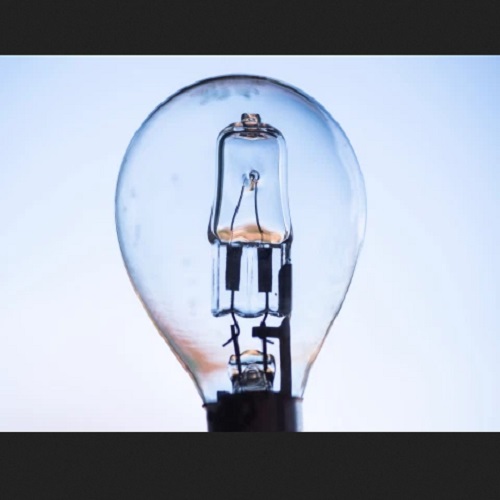Sales of halogen lightbulbs will be banned from September this year, with high-energy fluorescent lights to follow suit, under new climate plans from the UK government.
The UK began phasing out the sale of higher-energy halogen lightbulbs in 2018 under EU-wide rules; now retailers will no longer be able to sell most of the remaining stock of halogen bulbs, such as kitchen spotlights, from September 2021.
It will help continue the shift to low-energy LED lightbulbs, which already account for around two-thirds of lights sold in Britain, and is expected to mean LEDs will account for 85 per cent of all bulbs sold by 2030, officials said.
LED lights last five times longer than traditional halogen bulbs and produce the same amount of light, while using up to 80 per cent less power.
To help people choose the most efficient lightbulbs, changes are being brought in to the energy labels that consumers see on bulb packaging, with the current A+, A++ and A+++ ratings abandoned and efficiency graded A-G instead, with only the most efficient bulbs given an A rating.
Legislation will also include moves to phase out high-energy fluorescent lightbulbs, such as strip lights commonly found in offices, with a view to bringing an end to their sale from September 2023. Officials said LED bulbs could be incorporated into the fluorescent light fittings as a more energy-efficient alternative.
Energy minister Anne-Marie Trevelyan said: “We’re phasing out old inefficient halogen bulbs for good, so we can move more quickly to longer-lasting LED bulbs, meaning less waste and a brighter and cleaner future for the UK.
“By helping ensure electrical appliances use less energy but perform just as well, we’re saving households money on their bills and helping tackle climate change.”
Stephen Rouatt, chief executive of Signify UK, which owns Philips lighting, said: “Using energy-efficient LED equivalents for halogen and fluorescent lighting on an even broader scale will significantly help the UK on its journey to decarbonisation, as well as lowering the annual electricity bills for consumers.”
The UK government’s announcement mirrors that of the EU in March of this year, which also targeted light bulbs, the right to repair and the introduction of new efficiency ratings for white goods, which the UK is now also adopting.
The history of the light bulb involves many illuminating tales, such as the life of Lewis Latimer, the son of former black slaves, who ended up working alongside both Alexander Graham Bell and Thomas Edison in his pursuit of the best design for a viable incandescent light bulb.
Research into light bulbs continues today. In April this year, researchers from the University of Houston presented a prototype LED light which produces a warm white light, addressing certain health issues surrounding continuous exposure to LED lights.
Source: E&T










